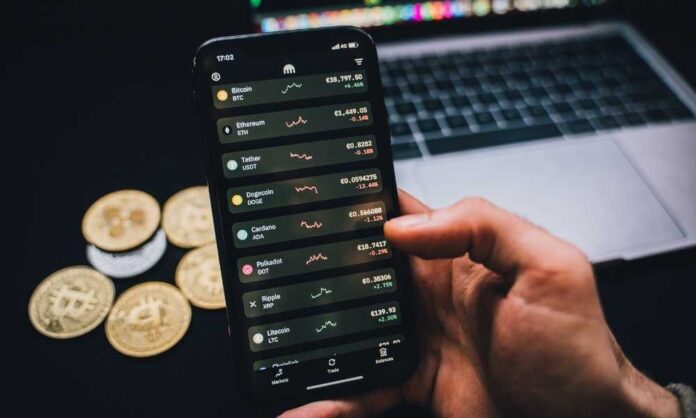With each global crisis, the flaws in the foundation mechanisms of our globalized financial systems become more evident. Economic sanctions are frequently considered a nonviolent alternative to military action. World leaders have routinely used them to accomplish foreign policy objectives. Sanctions, however, are a double-edged sword, as history and practice demonstrate. On one side of the blade, entire nations are abruptly cut off; on the other, the faith of investors and ordinary citizens in the institutions they formerly relied on to ensure their financial stability is progressively eroded.
Sanctions were first used in 432 BC when the Athenian Empire imposed them on Megaran tradespeople to bar them from the marketplace and destroy the rival city. Since the United Nations’ inception in 1945, it has set over two dozen sanctions. LAST YEAR, the IMF “seriously recommended” El Salvador reconsider legalizing Bitcoin in what read like a disguised threat. Sanctions can now send shock-waves around the globe, regardless of which organization or country is being targeted.
This gets us to the current state of our financial system: an inefficient framework that is very susceptible to politicization. Its worst feature is an unreliable global gateway for processing financial transactions. Even established routes such as SWIFT and electronic payment systems such as PayPal are not secure, as they can be rendered useless in a matter of days.
The sanctions’ witnesses wonder if they will be the next to be impacted at some point in the future. These reservations and the pervasive uncertainty in the global geopolitical situation have reignited a global tirade throughout the web. Decisions that felt like they were made in a vacuum twenty years ago now have a very evident human consequence.
Thus, the global conversation continues, with many considering alternatives to the current financial paradigm. More and more people believe that a completely decentralized and unbiased system is required to avoid suffering if their nation becomes caught in tomorrow’s tragedies. As is customary at times of global crises, someone brings up the blockchain. The blockchain’s decentralized infrastructure, regulated by smart contracts with complete transparency and no centralized management or interference, enables the deployment and use of an infinite number of cryptocurrencies as a means of payment and a store of value. Because cryptocurrencies are stateless, their usage as currency is virtually border less.
The reality of the situation, on the other hand, paints a very different picture. Numerous centralized exchanges acting as cryptocurrency hubs demonstrate that even cryptocurrencies are not immune to geopolitical pressure. Binance has recently come under fire for bowing to US demands. This and countless more calls to action by world leaders to bring crypto exchanges into the fold have put severe doubt on cryptocurrencies’ ability to function as a genuinely global and trust-less currency. These constraints substantially eroded members of the decentralized community’s faith in the blockchain’s merits. Its intrinsic characteristics of decentralization, complete transparency and worldwide accessibility have been deemed insufficient.
The acceptance of cryptocurrency and blockchain technology and the convenience of utilizing crypto alongside fiat are causing world leaders to insist that crypto must follow the same laws as fiat—rules they create. Unfortunately, we will be forced to follow these laws until we achieve complete decentralization as a society through the adoption of the Bitcoin standard (or another form of cryptocurrency). At the moment, cryptocurrency enterprises must rely on legacy financial infrastructure to operate, centralizing themselves and mistakenly aligning themselves with dominant political ideologies. As a result, the reputation of cryptocurrencies as secure, non-political methods of transacting across borders may be tarnished.
With bitcoin and blockchain technology accelerating, the convenience of using cryptocurrency as a payment option has become apparent. Crypto financial infrastructures such as Emily enable their clients to use crypto just as readily as fiat in everyday life when using VISA-enabled cards. Such technology will assist individuals in erasing the distinction between crypto and conventional currencies. Additionally, legal entities can lawfully purchase and sell cryptocurrency straight from company accounts.
Whatever the outcome of the sanctions war, the ramifications for the cryptocurrency and blockchain industries may be severe if they do not find a way to remain neutral and operate in the best interests of their worldwide consumers, who value liberty.
Check out: Blockchain Technology, Cryptocurrency Trading & Digital Assets

